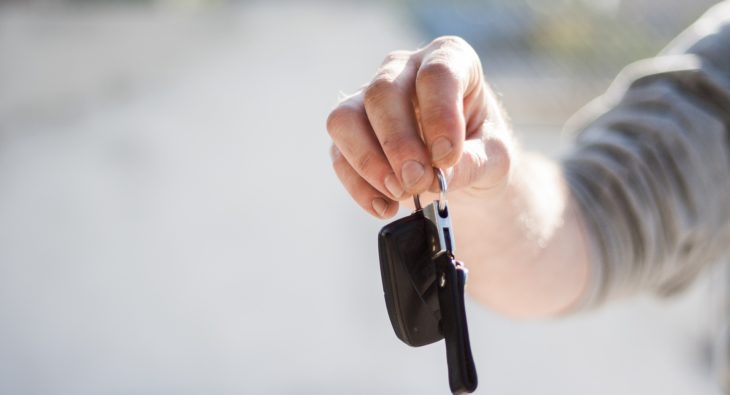Can Bankruptcy Protect My Car From Repossession?
When facing overwhelming debt, the first fear that usually comes to mind is the possibility of losing valuable, and essential assets. For this reason is can be a very difficult, though often urgent, decision to consider filing for bankruptcy. In order to be most prepared, it’s best to become informed on what could happen, is likely to happen, or what will happen if or when the times comes to move forward with bankruptcy. When it comes to your vehicle in a bankruptcy case, there are various factors that will help you to determine how you may be affected.
When choosing either a Chapter 7 or a Chapter 13 bankruptcy, the first step that will go into effect is the automatic stay. This order prohibits all creditors or collections agencies from further communications regarding outstanding payments, as well as any repossessions on secured debts. While this stay only lasts for the duration of the bankruptcy proceedings, it can sometimes buy the debtor enough time to become current on their car loan or to negotiate new terms with the lender.
If you’re not ready to part with your vehicle, the automatic stay may not protect you 100%. In a Chapter 7 bankruptcy, lenders have the ability to motion the court for permission to temporarily lift the automatic stay and move forward to repossess the vehicle. It is usually best to first make an attempt to negotiate with the lender and explore any and all options that allow you to keep your vehicle. Lender negotiation options usually include:
- Cure the default: This involves simply catching up on your missed payments to the point of becoming current on your loan. This is often where the automatic stay comes in handy. Because collections on all debts are paused (mortgage loans, credit card payments, medical bills, etc.) the debtor can take this time to accumulate all the saved payments towards curing the car loan debt, and protect it from repossession.
- Redeem the vehicle: This is where the purchaser pays the seller the full market value of the car in one lump sum in order to wipe away the lien. If the vehicle is currently worth less than what you still owe on the loan, this option can save you money in the long run.
Bankruptcy exemptions are another element of bankruptcy law that can benefit car owners. The Bankruptcy Exemption laws in Nevada protect a bankruptcy filer’s vehicle from repossession if the filer owns less than $15,000 in equity on the vehicle. Read more about Bankruptcy Exemptions.
In certain situations, it can be extremely difficult if not impossible to keep your car throughout and after bankruptcy. In a Chapter 7 bankruptcy, if you own a high amount of equity in the vehicle, therefore surpassing the bankruptcy exception limit of $15,000, then your vehicle is likely seen as a valuable asset and worthwhile in surrendering to the bank, or through repossession in offsetting some of the dischargeable bankruptcy debts. In the case of Chapter 13 bankruptcy, if the outstanding car loans are the individual’s second vehicle, or exceptionally high payments towards a luxury vehicle, the bankruptcy court will likely not see it as a reasonable use of your disposable income, and therefore object to the revised payment plan that Chapter 13 bankruptcy offers.
The intricacies of bankruptcy can be very unique and personal to each individual case. While it’s important to do your research before making such an important decision, it’s even more important to consult with an experienced bankruptcy attorney as soon as the consideration of bankruptcy becomes a thought. To schedule a consultation with our team to discuss your particular situation, contact our office at (702) 998-1188, info@ljlawlv.com, or schedule a consultation online.
For additional information on bankruptcy and other related topics, be sure to check out our Bankruptcy Blog, and Bankruptcy TV playlist on Youtube.

